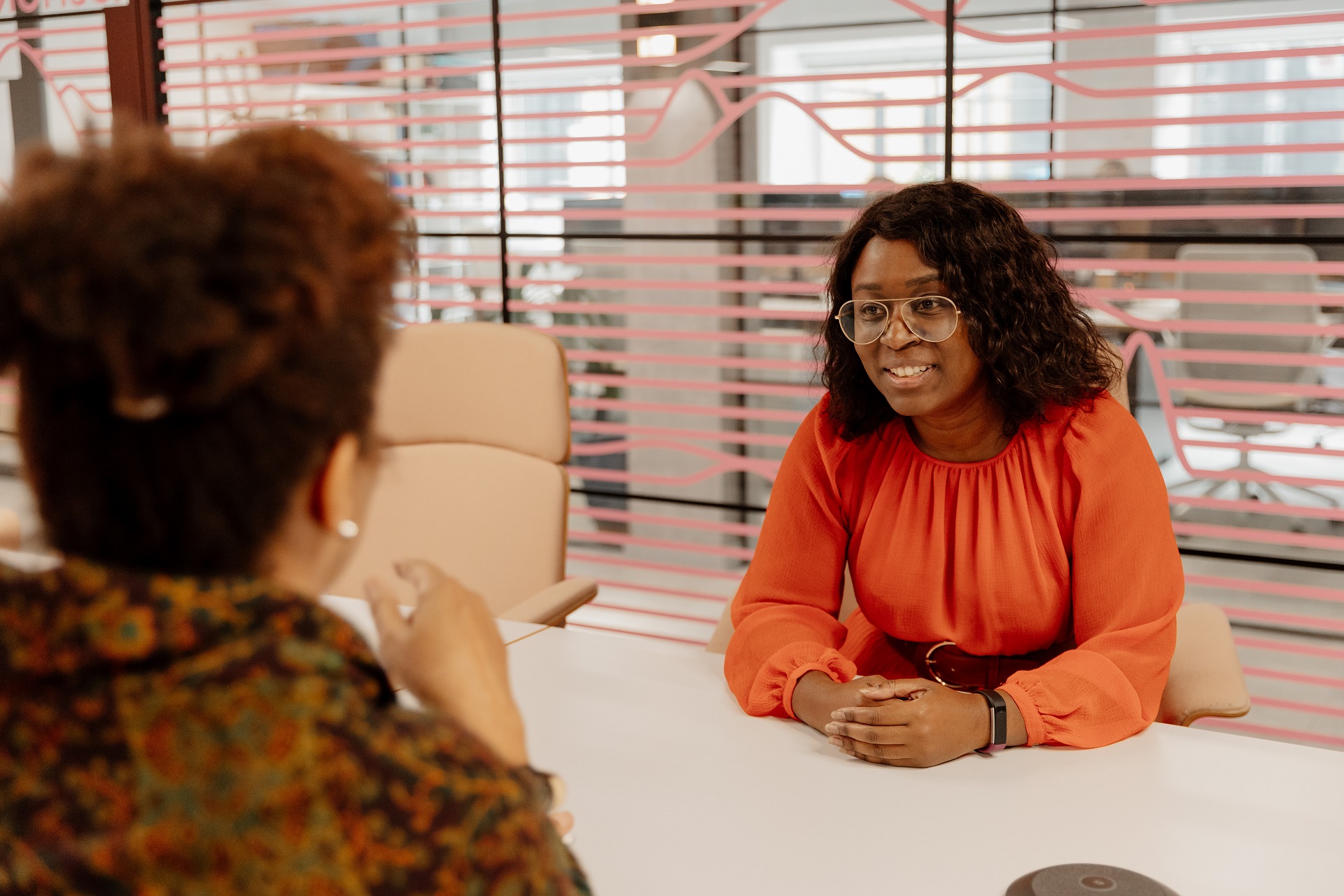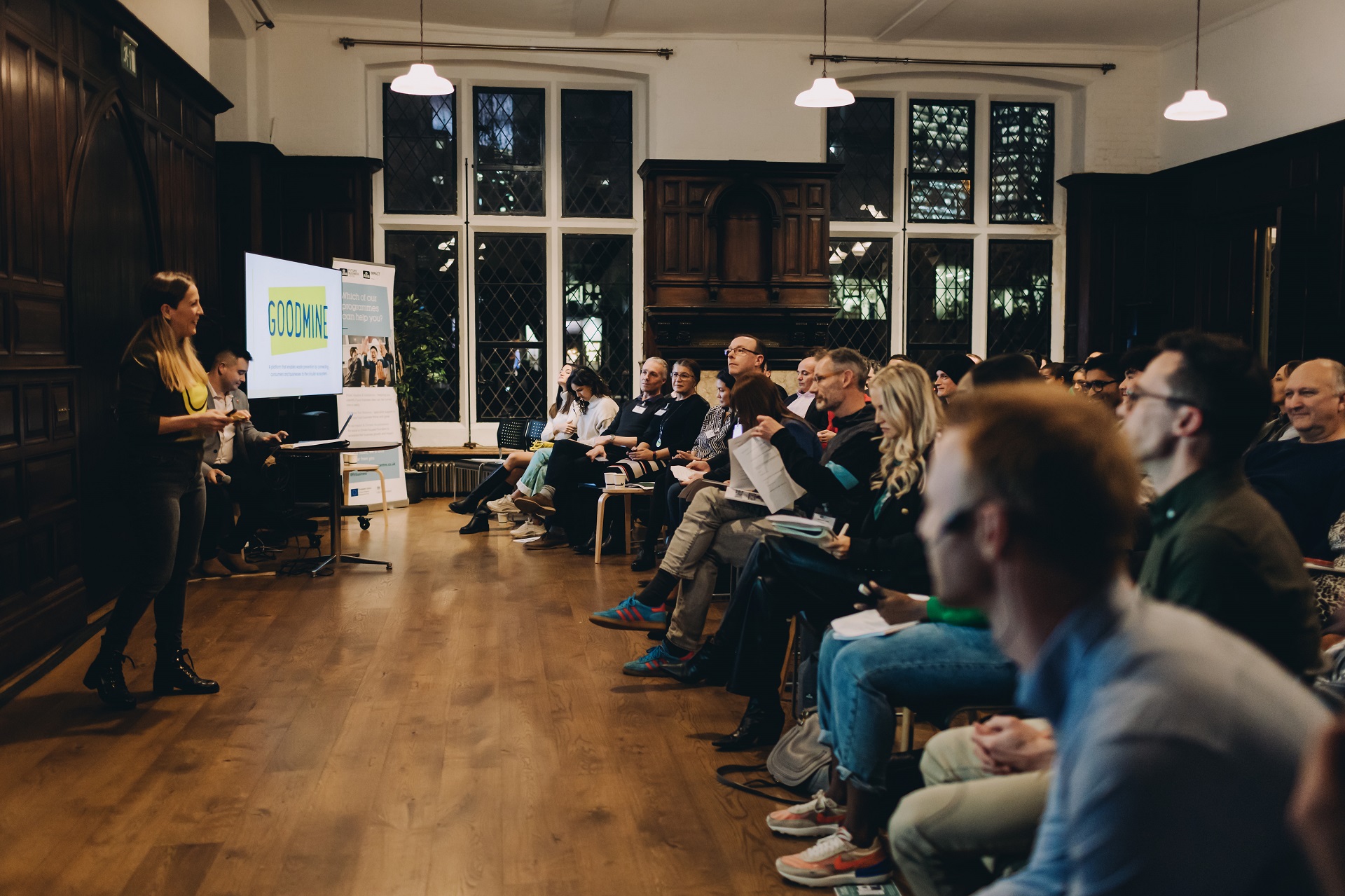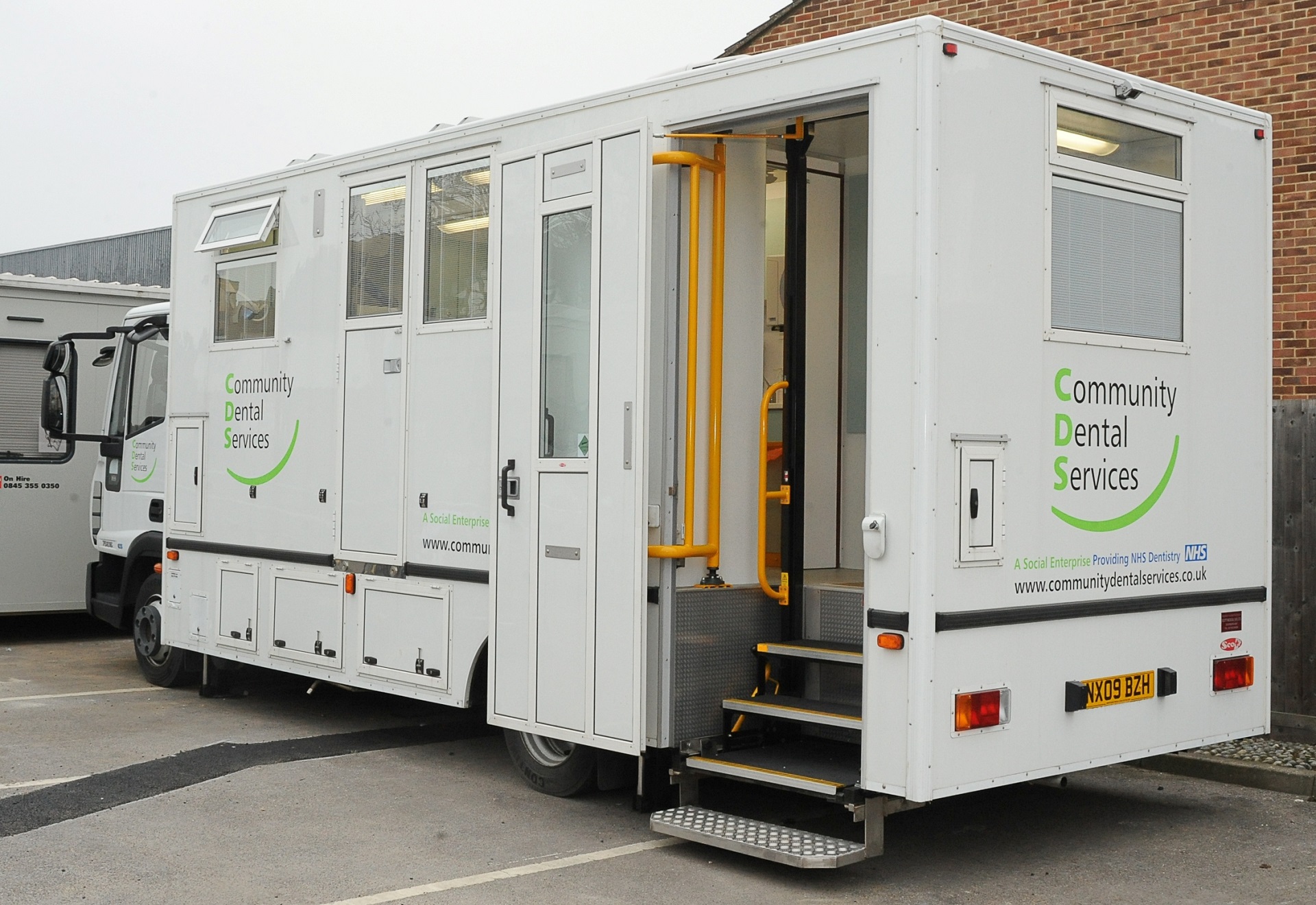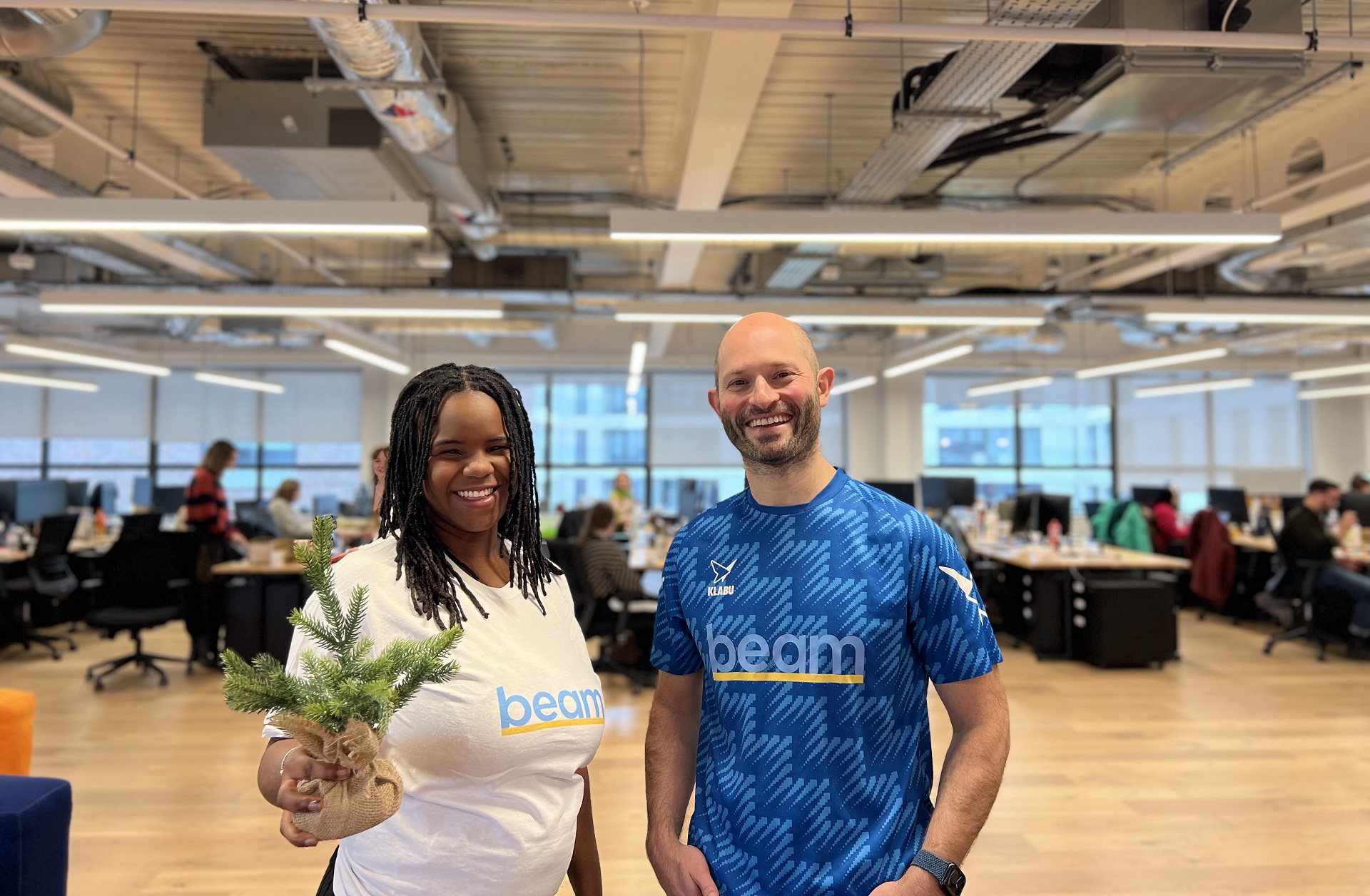
Member updates
Key Fund tackles barriers to investment for social entrepreneurs from ethnic minorities
A leading social investor, Key Fund, is actively seeking to support social entrepreneurs from ethnic minorities. Key Fund, which operates across the North and the Midlands, offers investment (loans and grants) between £5,000-£300,000 to social enterprises in some of the most deprived communities. The move is in response to ongoing research from the Black United Representation Network (BURN) that shows only a fraction of ethnic minority businesses in Manchester are accessing and securing investment. The groundbreaking study concluded productivity could be boosted by almost £4bn in the Manchester region alone, if steps were taken to dismantle the barriers Black and Asian business leaders face. One million of the six million businesses in the UK are minority owned, yet people from minority groups face greater exclusion from the financial system, according to the Minority Businesses Matter Report*. Key Fund began in South Yorkshire in 1999 in response to the collapse of the coal and steel industries. A social enterprise itself, it was founded by like-minded social entrepreneurs and philanthropists to breathe life back into its communities, by supporting new enterprise. Matt Smith, CEO of Key Fund, said: “Key Fund has a long history of reaching the most disadvantaged places, but we’re aware the most marginalised groups in these places have traditionally been unable to access finance. Our mission to create successful communities can’t work if there are people still left behind. There is a profound need, and we have to step up to meet it.” Key Fund supports social or community organisations who work to create positive social or environmental impact, as well as profit. To date, Key Fund has awarded £49.4m in loans and £23.3m in grants, creating or sustaining 3,000 businesses, and over 4,000 jobs, with a total £370m impact. Matt added: “At Key Fund, we pride ourselves in getting the right money, into the right hands, at the right time. We need to do more to address shocking discrimination. If you’re a social entrepreneur who has been turned down by your bank, or struggled with cultural or language barriers, our door is open. Please talk to us.” Barriers include discrimination, and the lack of customised business and application support, delivered by diverse providers. Dr Marilyn Comrie OBE, an award-winning social entrepreneur and founder of BURN, said: “Understanding the specific barriers that ethnic minorities face is a crucial first step in creating solutions that can overcome long-standing racial inequities. We’re thrilled Key Fund as leaders in the social investment sector, has recognised this issue, and look forward to working with them to help our economy be one where all can thrive.” Key Fund’s commitment to inclusivity will feature a series of workshops aimed at ethnic minority social entrepreneurs, offering translation services as required. It is actively championing its existing BAME clients in the hope to inspire others. Key Fund investees in the last year include Highway Hope in Manchester, which has grown into a social enterprise hub, with discount food stores, a beauty salon for ethnic minorities, IT hub, re-use furniture store and educational programmes. Key Fund invested £19,200 in loan and £5,800 grant in 2023 to help its CEO, Esther Oludipe, develop its community café. It also invested in Toranj Tuition to allow them to purchase their own building and become more sustainable. Established by three Iranian nationals in Hull twenty years ago, it supports qualified migrants to re-enter their professions in the UK, and runs educational programmes for children from deprived backgrounds. Other recent investees include Newcastle’s Africawad, founded by asylum seeker Afi Dometi, which supports over 20 women into education or employment in the UK each year, and saves 300,000 kilos of unwanted clothes from landfill thekeyfund.co.uk * MSDUK (minoritybusinessesmatter.org) To access the BURN Barriers to Inclusion report for Greater Manchester go to: BarierstoInclusionReportJanuary2024.pdf - Google Drive
3 min







